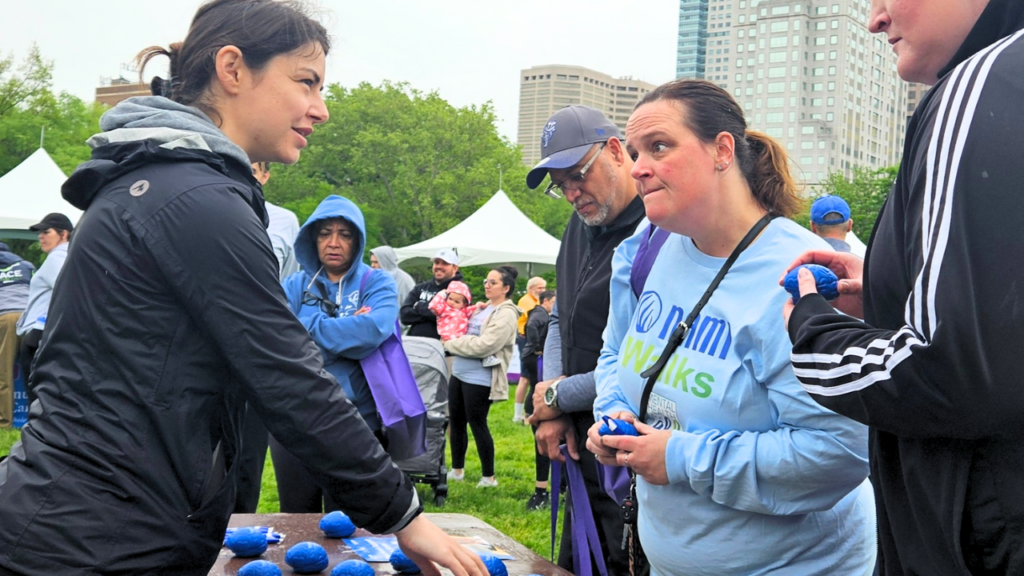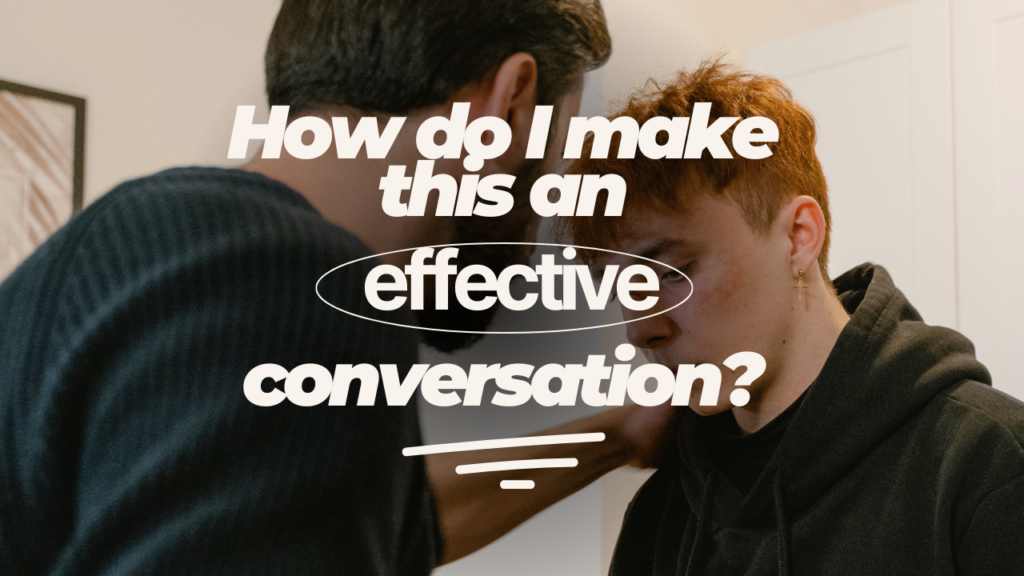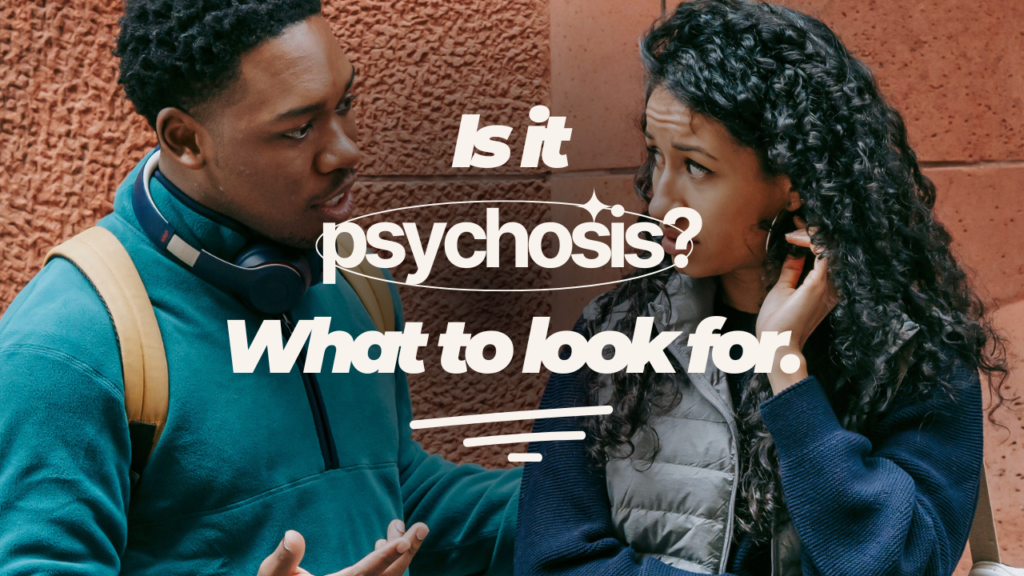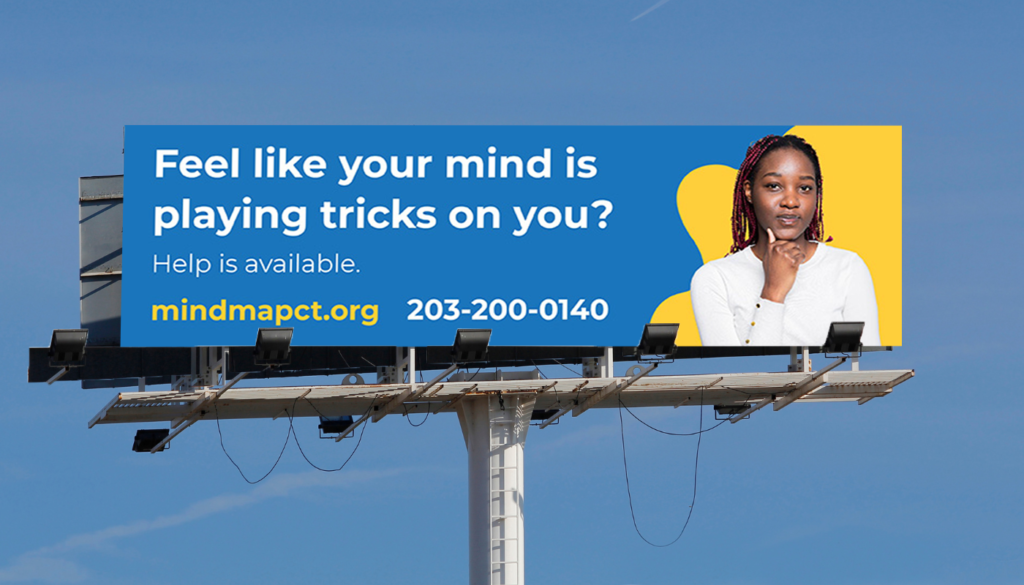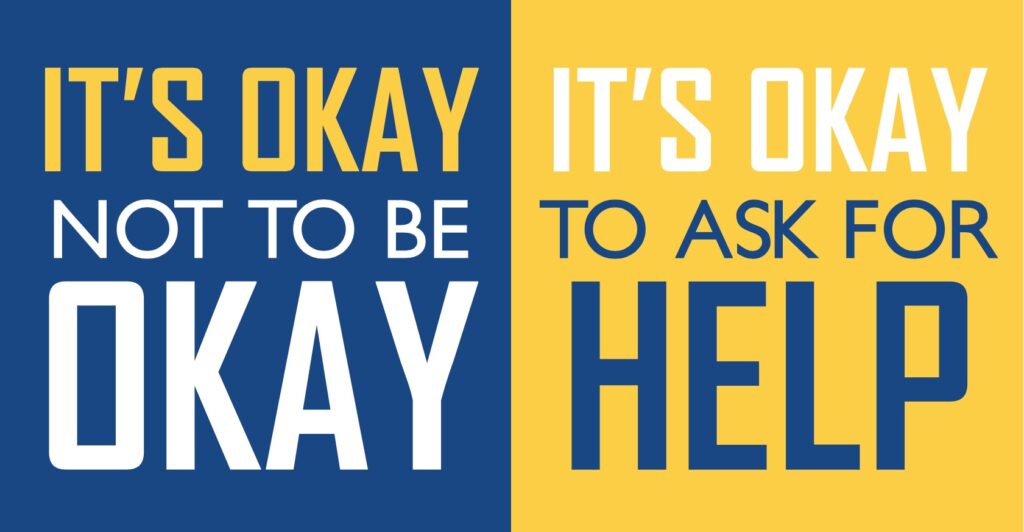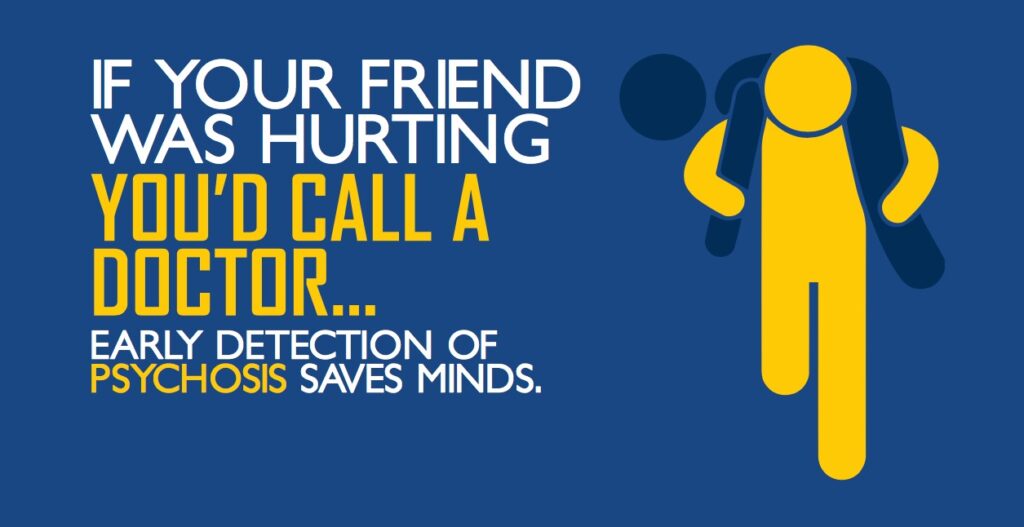As May is Mental Health Month, Mindmap actively joined others to spread mental health awareness, specifically focusing on the early detection of psychosis. Since psychosis is treatable, the earlier people receive help, the better the outcomes. Therefore, recovery from psychosis becomes the expectation rather than the exception for those who receive treatment. Taking Steps Forward
Mindmap Promotes Early Detection of Psychosis Across Connecticut and Beyond
